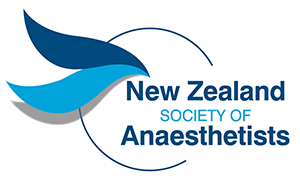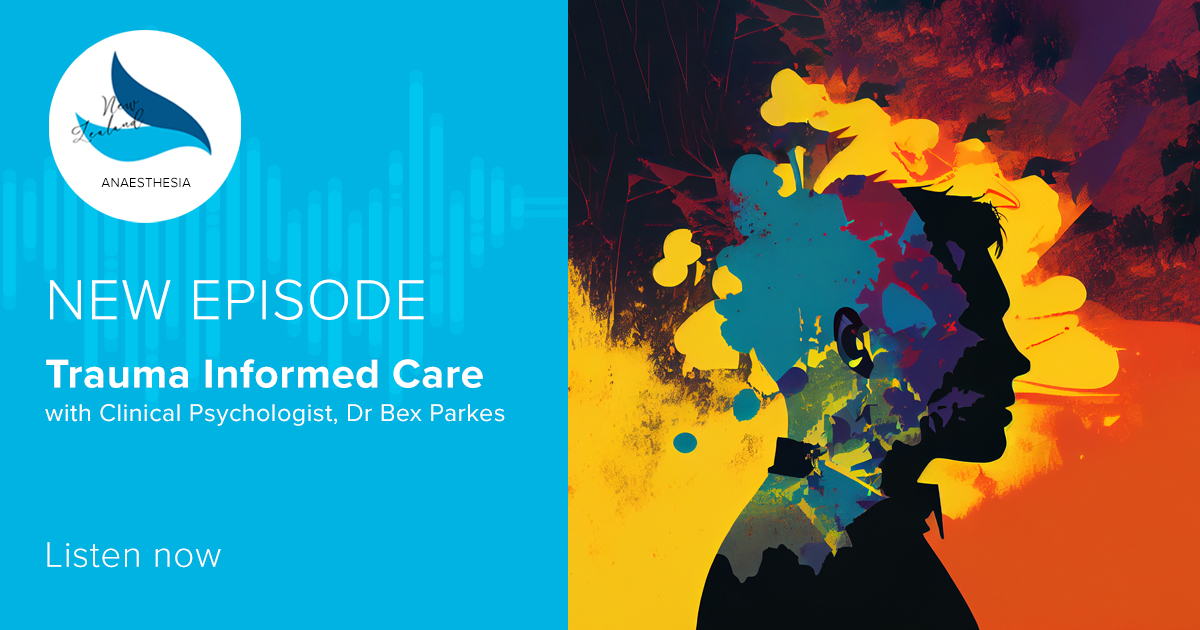TPS Tips (Part 2)

Trainee Column from NZ Anaesthesia Issue 64, April 2024.
Read the full magazine here.
By Dr Hannah Middleton
NZSA Trainee Representative
Beginning training and studying for the primary exam
In the last NZSA magazine of 2023, we shared some tips for your TPS (training portfolio system) which included advice on logging training time, meetings and volume of practice.
For this issue, we continue with more TPS tips and advice for those beginning training and embarking on studying for their Primary Exam.
Work-based Assessments
A WBA is a work-based assessment, of which there are four types with relatively self-explanatory names:
- DOPS (Direct observation of procedural skill)
- Mini-CEX (Mini clinical evaluation exercise)
- CbD (Case-based discussion)
- MsF (Multi-source feedback)
The purpose of these is to acquire feedback and track proficiency and independence as you progress through training. It’s worth noting that your assessor can be any FANZCA consultant (including provisional fellows) and that a minimum number of these must be completed to progress beyond basic training. This requirement is:
- 12 DOPS
- 12 mini-CEX
- 6 CbD
- 1 MsF
This is a reasonable amount and can make for a busy end of basic training if you haven’t kept on top of them whilst studying for exams (speaking from experience). Eventually, specific WBAs will end up counting toward Specialised Study Units (SSUs), which align with areas of anaesthesia you’re exposed to during training. Once your volume of practice in that area and the associated WBAs are completed (usually not until advanced training), you meet with an SSU supervisor to convince them you know it well enough to be signed off. Some WBAs are for core units, and some belong to SSUs. It’s worth familiarising yourself with these, as opportunities for assessment in more specific WBAs may be few and far between depending on your training centre. Such examples include performing a block for penile surgery (Paediatric DOPS) and securing airway with a DLT, checking positioning and testing for lung isolation (Thoracic DOPS). Of note, an awake fibreoptic intubation is a requirement for basic training as a core unit DOPS, so don’t let the moment pass you by.

Exams
For those embarking on exams, I’m sure by this point you will have already been inundated with advice and I don’t intend to muddy those waters. Most people give about a year of study for the Primary Exam. It takes a while to gain momentum. Those first few weeks/months can feel terribly inefficient as you get your head around everything; but that’s completely normal, don’t get too demoralised.
Balance during the primary can feel like a somewhat mythical concept, and I’m still not sure what it looks like exactly. What I do know is that for the vast majority of us, a year is too long to forgo all other aspects of life and still maintain sanity. Make sure to protect time each week for when you don’t study and make plans to look forward to.
Keep moving and get outside, there are lots of good podcasts available if you want to make this time ‘productive’. Try your best and know you just can’t do it all (for a while). Many have tried. The biggest threat to study productivity is burnout, so ensure that your ‘balance’ (whatever that may look like for you) is sustainable.
It doesn’t take a village to pass the exam, but it’s certainly easier with one. Establish a study group early, these people will get
you through. Outsource what you can. Make sure you have a GP and a mentor in your department. Most importantly, look out for each other and please let people know if you’re struggling. We’re always here if you need us.
Photo credit: Startup Stock Photos



